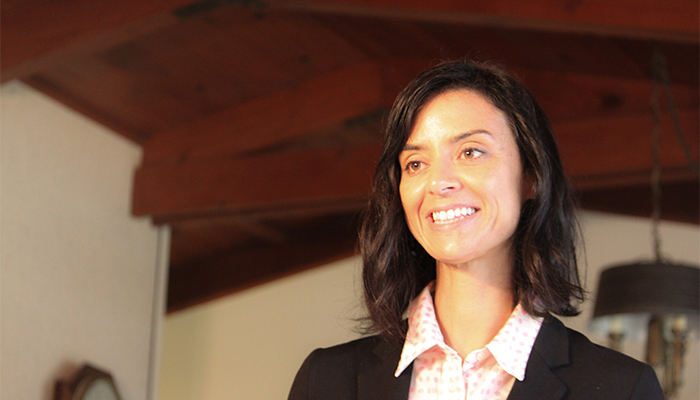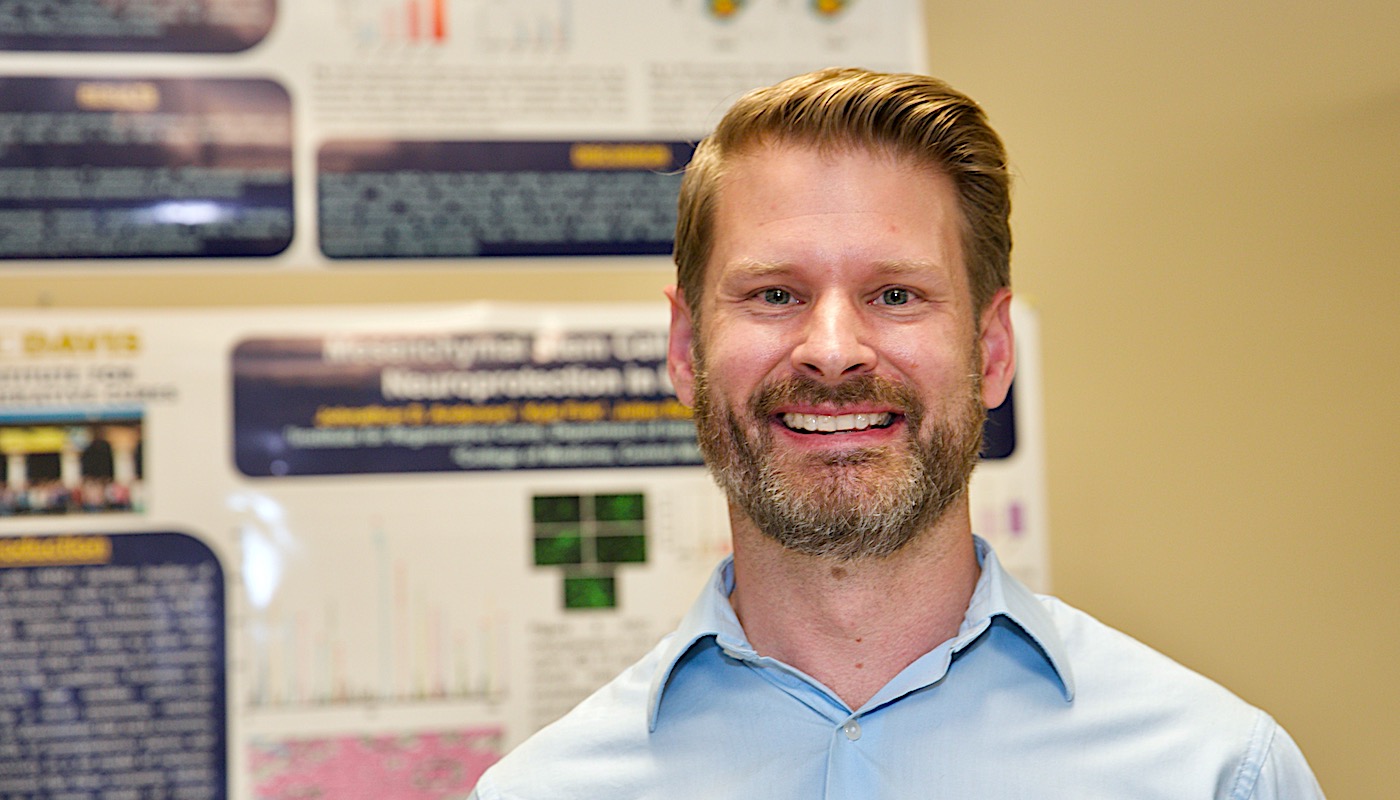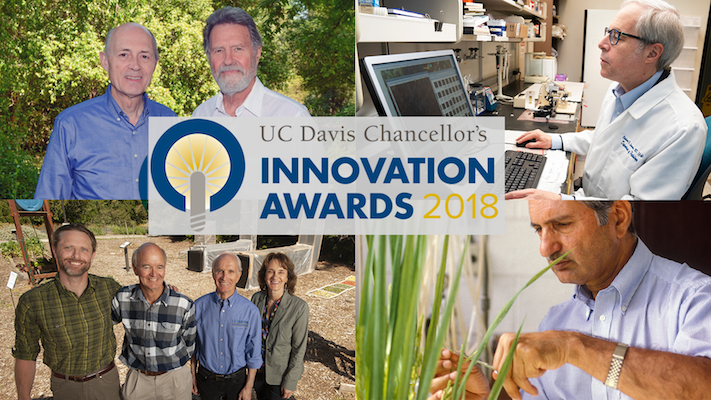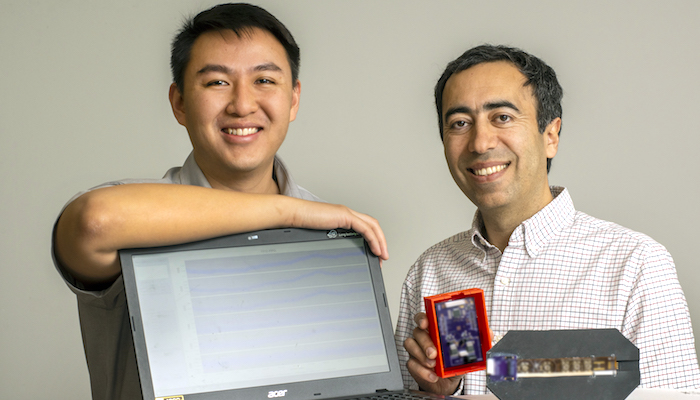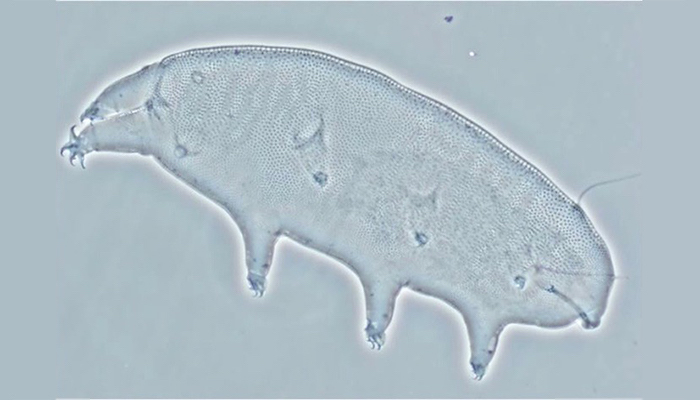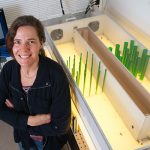Kalindi Vora Receives 2018 Rachel Carson Prize for ‘Life Support’
By Sarah Rebolloso McCullough
Kalindi Vora, director of the UC Davis Feminist Research Institute and associate professor of gender, sexuality, and women’s studies, has been awarded the 2018 Rachel Carson Prize for her book, Life Support: Biocapital and the New History of Outsourced Labor.
The Rachel Carson Prize, named after the acclaimed writer, scientist and ecologist, is awarded annually by the Society for Social Studies of Science to a book with distinctive social and political relevance.
Reviewers for the prize noted that Life Support stood out as providing new frameworks for informing theoretical, engineering and advocacy work. The book was also commended by reviewers for “prompting new questions about geopolitical gender formations in (bio)capitalist enterprises, about unspoken reproductive processes that establish who creates and who executes in STEM education, about affective work and affective costs in technoscience, and about new potentials for solidarity and political kinship that might emerge in tandem with technological and economic changes.”
Vora explains that the project began while she was immersed in studying theories of how largely unseen labor produces the world, but was struck by news of the growing incidence of people selling their kidneys in India as fewer and fewer opportunities to sell their labor could be found.
In Life Support, Vora investigates how life itself is channeled across the globe from one population to another, from call centers, overseas domestic labor, and customer care to human organ selling, gestational surrogacy and knowledge work. Her book exposes how even seemingly inalienable aspects of human life such as care, love and trust — and biological bodies and organs — are commodifiable entities as well as components essential to contemporary capitalism.
“The book is about the vastness of the work of reproducing social worlds and social beings, and how so many people in India invest their life’s work into producing social lives and social worlds that exist completely apart from their own,” said Vora.
Vora is co-author, with Neda Atanasoski, of Surrogate Humanity, a forthcoming book on the racial and gendered politics informing contemporary robotics and artificial intelligence design (Duke University Press).
Her current research includes ongoing writing on legal and social justice concerns connected to assisted reproductive technologies in transnational commercial surrogacy, on autoimmunity and patient self-tracking and self-treatment, and on establishing models for “feminist science shops” at universities in the United States.
Contact
- Sarah Rebolloso McCullough, Associate Director, Feminist Research Institute, 530-601-1149 ([email protected])
Resources
- Feminist Research Institute
- Kalindi Vora Named Director of Feminist Research Institute at UC Davis
- Society for Social Studies of Science: 2018 Rachel Carson Prize
- Life Support: Biocapital and the New History of Outsourced Labor (University of Minnesota Press)
Latest News & Events

